The Book of Tea: Beauty, Simplicity and the Zen Aesthetic
“Transcending the narrow confines of its title, presents a unified concept of life, art and nature. Along the way exploring topics related to tea appreciation, including Zen, flower arranging and Taoism. An early cultural activist, Okakura’s mission was to preserve Japanese art and aesthetic practices from an extinction that seemed imminent.” —The Japan Times Now
“Transcending the narrow confines of its title, presents a unified concept of life, art and nature. Along the way exploring topics related to tea appreciation, including Zen, flower arranging and Taoism. An early cultural activist, Okakura’s mission was to preserve Japanese art and aesthetic practices from an extinction that seemed imminent.” —The Japan Times
Now in paperback with a new foreword and new photographs! This classic work by Okakura Kakuzo has inspired many generations of readers by illuminating the underlying spirit and message of the venerable Japanese tea masters. The Book of Tea doesn’t focus on the tea ceremony itself, but rather on the Zen Buddhist philosophy behind it. Kakuzo teaches us to cultivate an everyday awareness of the beauty in all the common things around us. His powerful message is even more relevant today than when he wrote this book, and it serves as a wonderful introduction to the aesthetics of Japanese culture.
This edition has a new foreword by Andrew Juniper, who runs the Wabi-Sabi Art Gallery in West Sussex, England, and an introduction by Liza Dalby, the first American woman to be fully trained as a geisha in Japan in the 1970’s.
In 1906, in turn-of-the-century Boston, a small, esoteric book about tea was written with the intention of being read aloud in the famous salon of Isabella Stewart Gardner—Boston’s most notorious socialite. It was authored by Okakura Kakuzo, a Japanese philosopher, art expert, and curator. Little known at the time, Kakuzo would emerge as one of the great thinkers of the early 20th century, a genius who was insightful, witty, and greatly responsible for bridging Western and Eastern cultures. Okakura had been taught at a young age to speak English, and was more than capable of expressing to Westerners the nuances of tea and the Japanese Tea Ceremony.
Nearly a century later, Kakuzo’s The Book of Tea is still beloved the world over, making it an essential part of any tea enthusiast’s collection. Interwoven with a rich history of Japanese tea and its place in Japanese society is a poignant commentary on Asian culture and our ongoing fascination with it, as well as illuminating essays on art, spirituality, poetry, and more. The Book of Tea is a delightful cup of enlightenment from a man far ahead of his time.
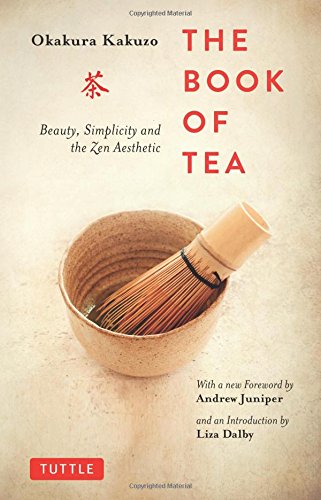

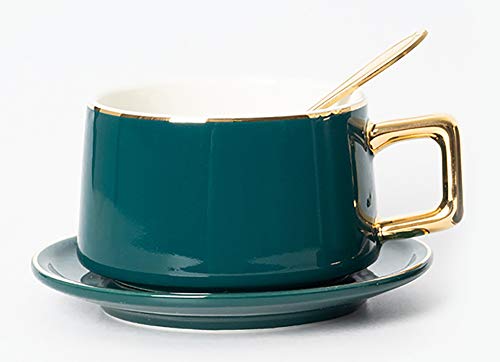




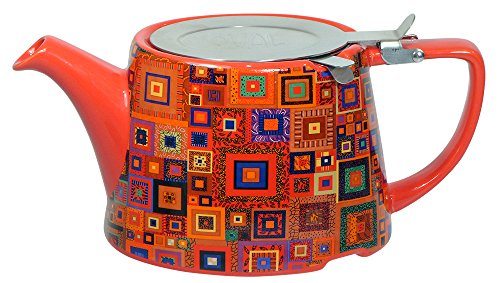
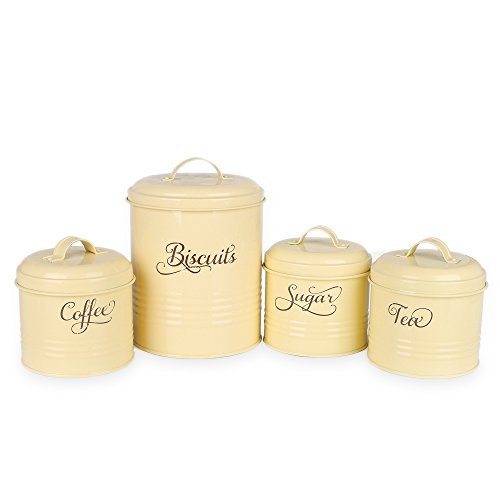


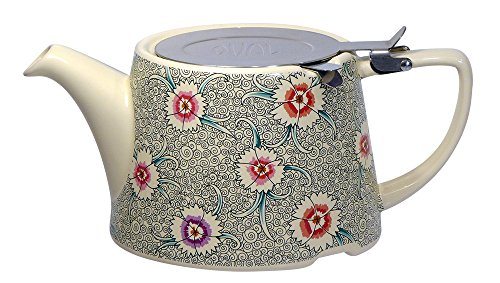

Brillant and beatifully written I bought this classic book of tea, thinking it was about… tea. It was, well the first half. But the last half had chapters on flowers, art and religion. Brilliant and beautifully written almost, well not almost, it was poetry. Written by a compassionate insightful man, I will never be able to look at flowers or art or interior design the same again.A bargain at any price, but 99 cents from Amazon on my Kindle.
A treasure. A timeless classic, worth more than money.
so of course I love it. Look at the name on the cover of who did the photography. It’s my book, so of course I love it.